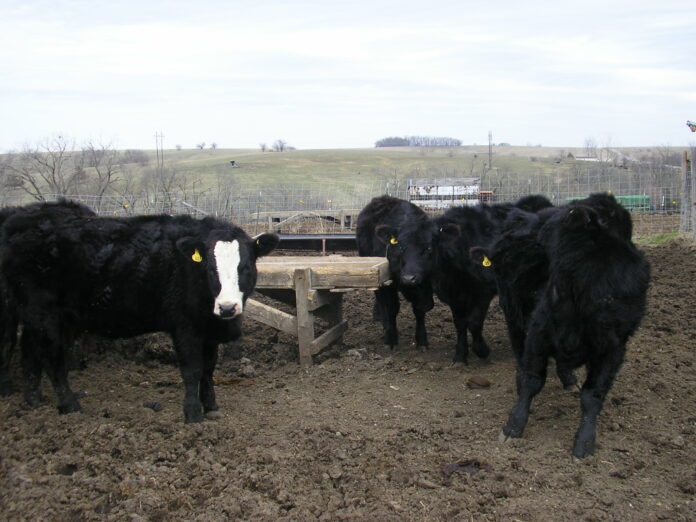Photo credit: DiasporaEngager (www.DiasporaEngager.com).
Jewish comedian Richard Lewis, who died at the age of 76 in Los Angeles, was known for his whirlwind of nervous energy. On a recent episode of Curb Your Enthusiasm, Lewis told Larry David he was putting him in his will, and Larry said it was not necessary. But it’s clear that Lewis will be remembered very fondly by the public, and by those who knew him best.
“He’s one of two comedians I paid to see,” comic Elon Gold told me in an interview.
Gold started comedy at 16 so he would get to see comedians for free; the other comic he paid to see was Gilbert Gottfried.
“[Lewis] was a hero to me,” Gold said. “He was always in my top five. Any time he was on [David] Letterman I dropped everything and watched it and went crazy laughing. He was a combination of Woody Allen and Lenny Bruce, two of the greatest comedians who ever lived. He took that mantle and that voice and coined the term neurotic. I think he was actually mad when other Jewish comedians would use that word. Like Larry [David] said [about Lewis], ‘sweetest guy, funniest guy, that’s a rare combo.’”
Gold guest starred on the show Anything But Love, and got to work with Lewis.
“He couldn’t have been kinder to me,” Gold said. “He was gracious, sweet, and always funny. He had troubles but used it to his advantage. He took torment and trauma that was his childhood and mined it for comedy gold. When you can do that, you’ve won at the game of life.”
Gold joined the cast of Curb in season 11 as a Hulu executive, and said while he didn’t get a chance to do any scenes with Lewis, that Lewis was extremely complimentary.
I interviewed Lewis in 2014. But at first, our wires got crossed about the correct time, and my phone was off. He left a hilarious message that I’ve saved. “What was that like a little Jewish soprano?” Lewis said. “Hey, it’s Alan over here, over there I’m not in. Leave your number. Hey, I’ve been a comedian and an actor and an author for 45 years. I call you exactly on time. I don’t give you any of this fake Jewish mob stuff. You know what I mean? Come on, grow up. Alan, it’s Richard Lewis … What’s wrong with you? Why aren’t you there? What are you doing up there? You sending weather balloons up? There’s got to be an excuse that warrants you not being at the phone. I sold out Carnegie Hall in ’89. You know where you were in ’89? Nowhere. You weren’t born yet…”
He wanted to make it clear that he was joking, so he then asked me how his acting was. He was extremely kind in the interview, and said he was never sure that he would be a star.
“It doesn’t cost anything to be a mensch,” Lewis told me when I asked him how one stays grounded in Hollywood with fame and fortune.
He was one of my favorite comedians because he would say unexpected things, like when he said his mother had “major open guilt surgery” on The Johnny Carson Show.
In his 2013 documentary House of a Lifetime, Lewis showed a picture of his character from Robin Hood: Men in Tights, which Mel Brooks autographed to a “neurotic Jewish storm.”
Known for wearing black, Lewis was born in Brooklyn on June 29, 1947. He went to Hebrew school, and his father Bill was a co-owner of a catering company in Teaneck, New Jersey. He would graduate from Ohio State University, and was discovered by comedian David Brenner while he did standup in Greenwich Village, Manhattan. Lewis’ first big role was as Jewish comedian Billy Gondolstein in Diary of a Young Comic, a TV movie that aired on NBC. In 1985, he gained acclaim for his Showtime special I’m in Pain. He also appeared on the Howard Stern Show numerous times, including when he spoke about how he met Larry David when he was 12, hated him, and they had fistfights, but later became friends.
Lewis battled depression and alcoholism in his life.
Like so many others, I loved watching Lewis in Curb over the years. My favorite moment is when Lewis, after realizing he has called his girlfriend “honey” too early in the relationship, calls a waitress “honey” ten times, so it seems normal and his girlfriend doesn’t think he was trying to fast-track things.
Modi Rosenfeld, another comedian, said it was a pleasure to work with Lewis.
“We worked together at a few different events,” he said. “He’s one of the few comedians who is the same person both on and off stage. Always very friendly and supportive to younger comedians — which I was at the time.”
Comic Eli Lebowicz told me that Lewis stood out as someone with a neurotic nervous energy “and was proud of being a Jew.”
On Sunday night’s episode of Curb, people came up to Lewis to compliment him on his act, including a joke about “the bartender from hell.”
In his book, The Other Great Depression, Lewis wrote: “I figured out while writing my autobiography that I chose applause over tears and booze over fears.”
The author is a writer based in New York.
Source of original article: Alan Zeitlin / Opinion – Algemeiner.com (www.algemeiner.com).
The content of this article does not necessarily reflect the views or opinion of Global Diaspora News (www.GlobalDiasporaNews.com).
To submit your press release: (https://www.GlobalDiasporaNews.com/pr).
To advertise on Global Diaspora News: (www.GlobalDiasporaNews.com/ads).
Sign up to Global Diaspora News newsletter (https://www.GlobalDiasporaNews.com/newsletter/) to start receiving updates and opportunities directly in your email inbox for free.
































